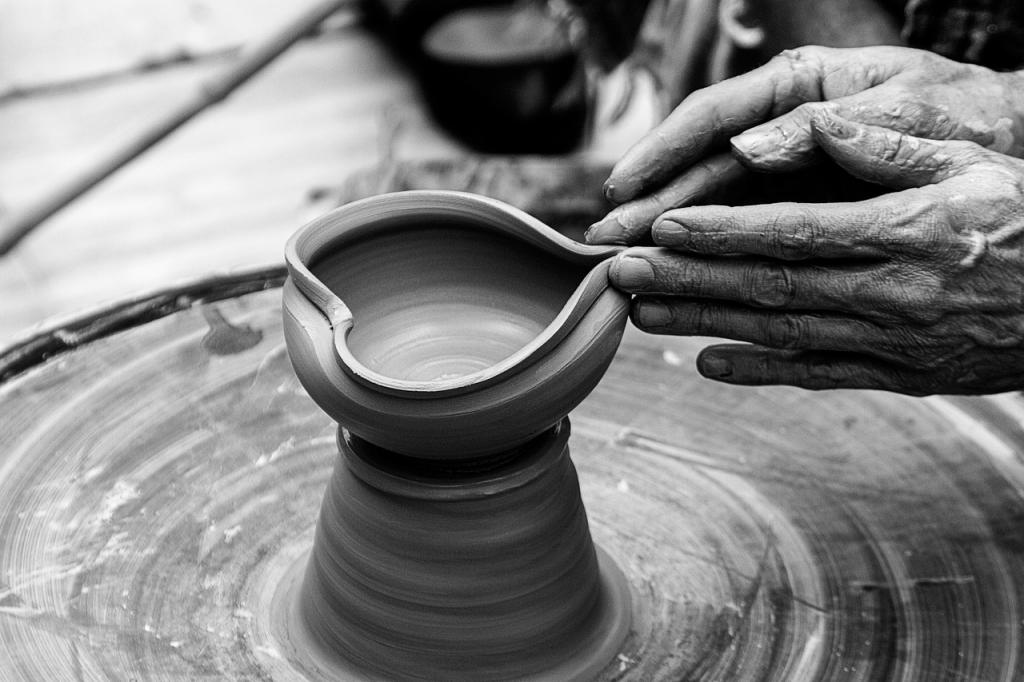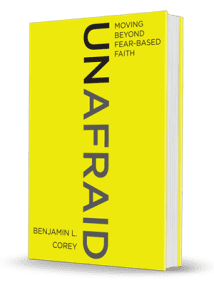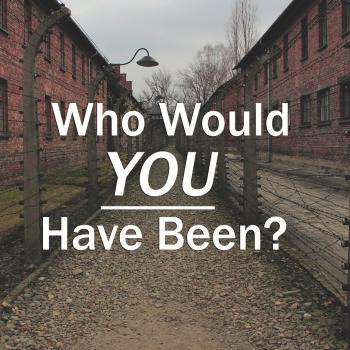
The other day I was sitting in my dad’s kitchen back on the family farm, and we found ourselves talking about life.
We seem to do that more these days. This past year I was navigating a rather painful life chapter, and the latter months of the year included discovering that he–at just 60 years old– has stage 4 prostate cancer. All of that invites a season of reflection and contemplation for those who dare to journey where such thoughts can lead you. While I’ve lived a life afraid of many things, I’m generally not afraid to follow that unpredictable road in one’s heart and mind.
As we sat there, I blurted out a thought that came to mind in real time: “I guess if there’s anything in my life that I’ve accidentally done well, it’s that I’ve allowed a rather painful life story to make me soft instead of hard.” I’ve continued to reflect on this more and more in the days that have passed, and am increasingly grateful God has helped my heart stay tender and soft as I sit with a growing awareness that it would be so easy to just grow hard.
While I can’t say for sure why my life’s story hasn’t made me hard, as I reflect I can certainly think of some things that made a big difference. Here’s a few ways that you too can allow life’s pain to make your heart soft, instead of hard:
Reject bitterness and practice forgiveness as often as you need to.
This is easier said than done, and there’s no trick to it– sometimes it requires intentionality and raw determination. For me, I determined to reject bitterness while serving as the presiding pastor at a funeral for an elderly individual whose most memorable qualities were nastiness and bitterness. As I explored deeper into their story, everyone who had loved them seemed to point to a few tragic and painful losses that understandably turned their heart hard, instead of soft– resulting in this individual being remembered as, shall we say… less than friendly.
Rejecting bitterness doesn’t mean experiences and memories don’t hurt. It doesn’t mean every situation gets fixed, perfectly reconciled, or that everything gets made right again. Instead, rejecting bitterness is simply a way of saying, “I won’t let this moment in time pre-script how the rest of my life is going to go.”
Allow pain and hardships to make you less judgmental of others.
Life has a way of landing us in situations we never expected to be in, and that sucks. However, if we look beyond our own experience and story, we’ll often realize that we’ve been quick to judge others who found themselves in similar circumstances– and that maybe things weren’t as simple as we had judged.
Whether it’s a divorce, loss of a job, financial hardship, or a host of other difficult life-chapters, it’s easy to judge others. Ironically, the act of judging is something that primarily harms ourselves because it causes us to harbor negativity in our own hearts– something that doesn’t lead anywhere good, healthy, or helpful.
Taking our own painful stories and realizing that life’s train wrecks are rarely as simple as an outsider might judge them, and remembering the same holds true for others, is something that will make our hearts progressively softer as we resist judgment and negativity in favor of humility.
Become genuinely curious about others as you grow in awareness that everyone has a story behind their circumstances.
Judging others makes life easy, because we don’t have to be curious– we can simply assign judgement without doing an ounce of emotional labor, and then walk away. However, what softens our hearts is when we not simply refrain from judging, but when we become genuinely curious to hear and understand that secret backstory everyone has.
The more we humble and quiet ourselves to listen to these stories, the more and more we discover the human experience is one filled with both unexpected similarities– and individual uniqueness. While it’s an acquired skill that doesn’t always come naturally, the more we find ourselves sitting and curiously listening to the secret backstory that others bring with them, the more we find that our hearts grow tender and soft towards all those whose paths cross our own.
Let remorse be a healthy springboard instead of a bottomless grave.
Let’s be honest: while difficult life circumstances are full of nuance and reasons for happening, each situation often comes with it contributions we uniquely made. The process of growing and developing makes it necessary to own our own junk, but developing a heart that’s soft instead of hard means we have to resist allowing remorse to throw our own story into a permanent nosedive.
Few things have the power to make our hearts hard and cold as does a self-imposed life sentence of punishment over mistakes we’ve made. However, healthy remorse means owning our mistakes, making amends where possible, and then moving on with a commitment to live differently– a process that makes us soft toward a critical person in our lives: ourselves.
Invite the painful parts of your life story to turn you into a person of compassion and empathy.
If there’s one thing the world needs today, it’s more empathy.
They say the most beautiful art is born out of pain, and I think the same is true of empathy– the softest, most loving people I know are the ones who have taken their own painful stories and allowed them to foster more empathy towards others who are navigating painful stories.
Empathy gives way to understanding, understanding gives birth to compassion, and practicing compassion is something that will keep making your heart soft, instead of hard.
…
This last year and a half of my life has been a painful one, and has turned out to be longer and more difficult than I ever imagined on day one of this journey.
While the past cannot be changed, and life’s circumstances often include variables completely out of our control, there is one thing I’m determined to do above all else:
I want my painful life stories to leave my heart soft, instead of hard.
 Dr. Benjamin L. Corey is a public theologian and cultural anthropologist who is a two-time graduate of Gordon-Conwell Theological Seminary with graduate degrees in the fields of Theology and International Culture, and holds a doctorate in Intercultural Studies from Fuller Theological Seminary. He is also the author of the new book, Unafraid: Moving Beyond Fear-Based Faith, which is available wherever good books are sold. www.Unafraid-book.com.
Dr. Benjamin L. Corey is a public theologian and cultural anthropologist who is a two-time graduate of Gordon-Conwell Theological Seminary with graduate degrees in the fields of Theology and International Culture, and holds a doctorate in Intercultural Studies from Fuller Theological Seminary. He is also the author of the new book, Unafraid: Moving Beyond Fear-Based Faith, which is available wherever good books are sold. www.Unafraid-book.com.
Be sure to check out his new blog, right here, and follow on Facebook:












